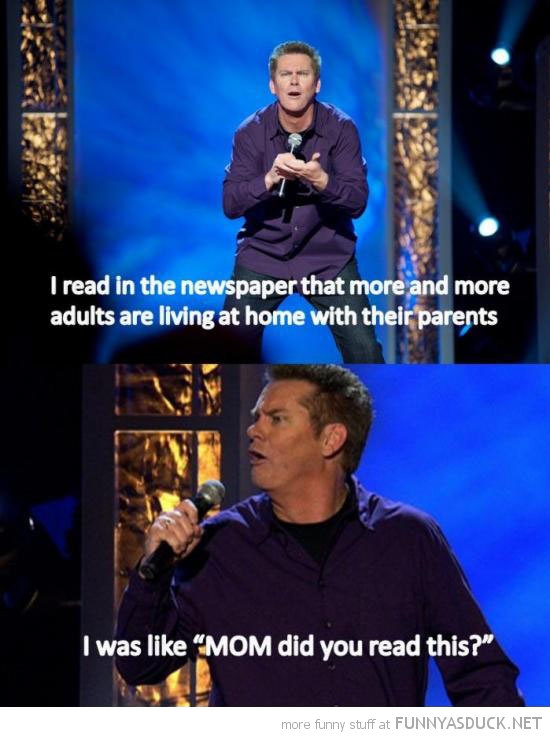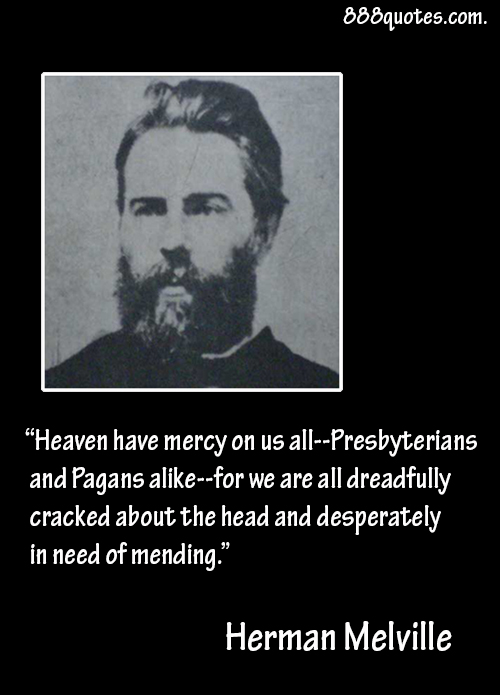It began with the diary of Anna Leonowens, who was governess of Siam's royal children for six years. Her experiences were fictionalized by Margaret Landon in a 1944 novel called Anna and the King of Siam, and The King and I is based on that.
I watched that movie countless times as a child, but it is only now I find, with the maturity of adulthood, that the role of the king (executed by Yul Brenner) was extremely insulting. Playing upon racist perceptions, the King of Siam was made to appear an overgrown child, clueless of basic diplomacy, who strives to be "scientific," whatever that means (he was also less than handsome in real life). And no, Mongkut did not die of a broken heart from his inability to bridge the old world and the new; he died from malaria.
I watched that movie countless times as a child, but it is only now I find, with the maturity of adulthood, that the role of the king (executed by Yul Brenner) was extremely insulting. Playing upon racist perceptions, the King of Siam was made to appear an overgrown child, clueless of basic diplomacy, who strives to be "scientific," whatever that means (he was also less than handsome in real life). And no, Mongkut did not die of a broken heart from his inability to bridge the old world and the new; he died from malaria.

vs.

In actuality, Mongkut is known as "The Father of Science and Technology" in what was formerly Siam, for he brought about many modernizations. He was very educated; he was even an adept astronomer, successfully predicting a solar eclipse.
The tale of Tuptim is up for some debate; some claim she was burnt, others that she lived to be a content granny in the harem. But she didn't view herself as a slave in Uncle Tom's Cabin. While the film compares the state of slavery in Siam with that in the States, the systems were vastly different; slavery was usually undertaken voluntarily out of economic necessity, and masters were forbidden from mistreating them. Even some scholars note that British servants were not treated as well as Siamese slaves.
The original Anna was actually born in India, and was one-quarter Indian. She zealously hid that fact and claimed her dark complexion was due to Welsh origins. She was also kind of scary.
The tale of Tuptim is up for some debate; some claim she was burnt, others that she lived to be a content granny in the harem. But she didn't view herself as a slave in Uncle Tom's Cabin. While the film compares the state of slavery in Siam with that in the States, the systems were vastly different; slavery was usually undertaken voluntarily out of economic necessity, and masters were forbidden from mistreating them. Even some scholars note that British servants were not treated as well as Siamese slaves.
The original Anna was actually born in India, and was one-quarter Indian. She zealously hid that fact and claimed her dark complexion was due to Welsh origins. She was also kind of scary.

Now I have seriously digressed, but my point is that the songs in the film are enchanting, a Rogers and Hammerstein guarantee. The costume design and set is lavish and pleasing to the eye—it always passed the Babi test.
There isn't much available on Youtube . . .
There isn't much available on Youtube . . .
"Getting to Know You":
Although I did find "Shall We Dance" in Hebrew from the 1999 animated version; that's Ofra Haza:






















